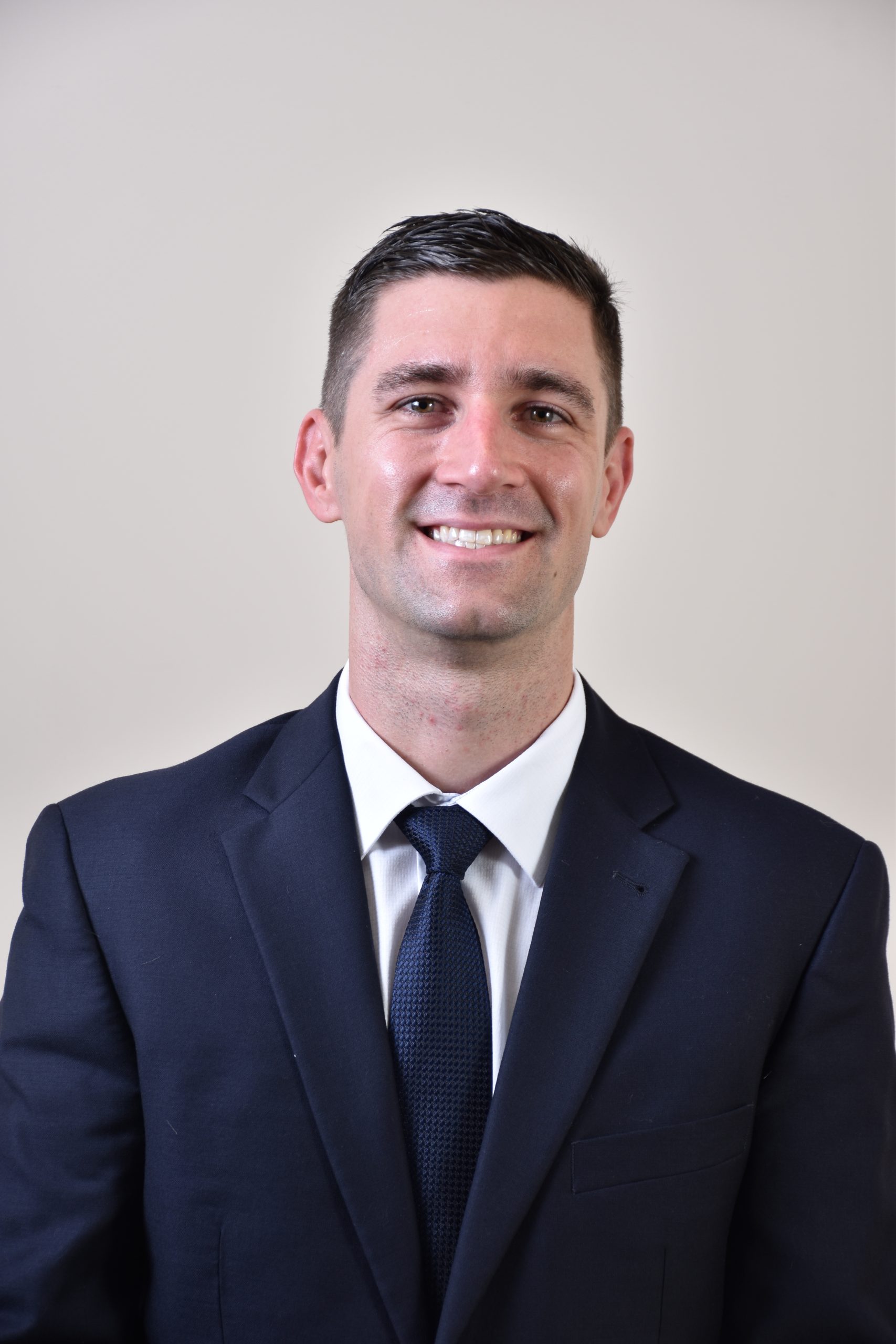September is Cholesterol Education Month

With one out of every four deaths in the United States attributed to heart disease, maintaining a healthy cholesterol level is important to avoid an increased risk of heart-related problems, or complications from cholesterol-related issues.
Justin Lande, D.O. is a Family and Internal Medicine provider with Ephraim McDowell Family and Internal Medicine and said not only is your heart at risk when your cholesterol levels are high, but other conditions like pancreatitis can prove to be life-threatening for a patient if left untreated.
“There are many factors that contribute to a person’s cholesterol being too high,” Lande said. “Most often it’s due to multiple lifestyle factors such as nutrition, smoking, blood pressure, and exercise to name a few.”
In fact, Lande said many people attribute high cholesterol to genetics, but genetics play a role only up to a certain point. Inherited high cholesterol comes in two forms, and when considering the amount of hypercholesterolemia in our society, the inherited cases then become the minority.
“Therefore, lifestyle is of paramount importance whether or not it’s inherited,” Lande said.
The frequency and age at which patients need to have their cholesterol checked is typically individualized and discussed with their physician. However, Lande said there are things a patient can do in their life to reduce their risk of high cholesterol. For example, getting help with a dependency with nicotine, maintaining a healthy diet such as a plant-based or Mediterranean diet, and getting help from a physician to discuss a medically monitored weight loss treatment if a patient is overweight or obese. In fact, Lande said diets which are high in carbohydrates, or diets that are high in protein and eliminate carbohydrates, can be dangerous and actually cause a patient’s cholesterol to increase.
“First of all, if you are suffering from nicotine dependence please discuss treatment options with your primary care provider,” Lande said. “Aside from heart disease, cancer is the other leading cause of death in the United States and smoking contributes heavily to both heart disease and cancer… diet is also important… I generally tell my patients to engage in at least 150 minutes/week of moderate intensity activity… If you have risk factors for cardiovascular disease, please discuss the appropriate exercise regimen with your physician prior to engaging in exercise to ensure cardiovascular safety and to prevent injuries.”
Medications, Lande said, are not always necessary as simple lifestyle changes can help lower a patient’s blood pressure and help lower the risk of high cholesterol.
“The goal I tell all of my patients is, ‘I want you on the least amount of medication at the lowest dose to give you the best benefit,’” Lande said. “We use cholesterol medicine for both primary prevention and secondary prevention. Primary prevention strategies focus on preventing the heart attack or stroke from ever happening the first time. Secondary prevention strategies focus on preventing a heart attack or stroke from occurring again in someone who has already had an event.”
The easiest way to understand how cholesterol medications work, Lande said, is understanding their purpose to block an enzyme called HMG CoA Reductase. When this enzyme is blocked, a person’s liver does not make as much cholesterol. While still, some other medications help to “clear out” or eliminate LDL, known as the “bad Cholesterol,” Lande said.
“The vast majority of patients can tolerate these medications lifelong,” Lande said. “The most common side effect I hear in my primary care clinic with the statin class of medications is muscle aches and joint pains, but the majority of patients tolerate the medications without feeling different at all.”
Even though medications are available, Lande said exercise can help in many ways. From burning blood sugar called glucose, which is stored and turns into fat, to improving mood and reducing anxiety, exercise can also motivate a patient to eat healthier diets, Lande said. Afterall, “nobody wants to go for a walk after eating a cheeseburger.”
“At Ephraim McDowell we aggressively work to tailor fit a comprehensive plan for you that focuses on the most appropriate diet for you, exercise, smoking cessation if needed, diabetes care if needed, optimal blood pressure control, and we will work to get your cholesterol to a goal that helps you live a longer healthier life,” Lande said. “I firmly believe that addressing the patient’s heart health is of the utmost importance in primary care given the amount of heart disease related deaths in the United States every single minute of every single day. If you are concerned about living with high cholesterol, and have questions about dietary changes, please reach out to your primary care provider. We would love nothing more than to sit down and figure out ways to improve your heart health.”
For more information, or to schedule an appointment, call (859) 236-4216.
